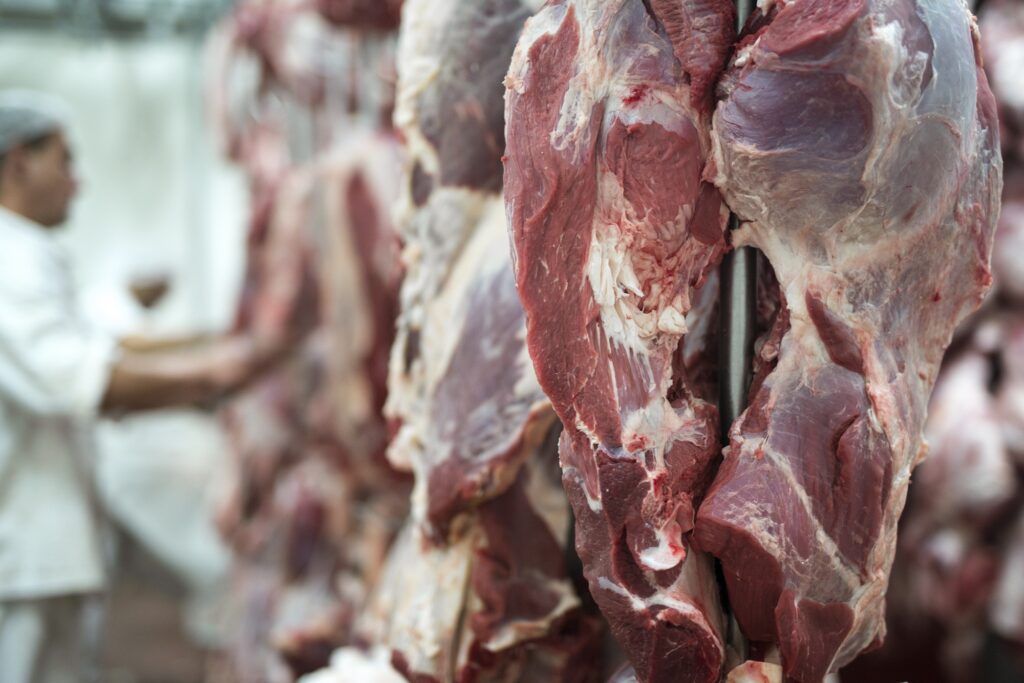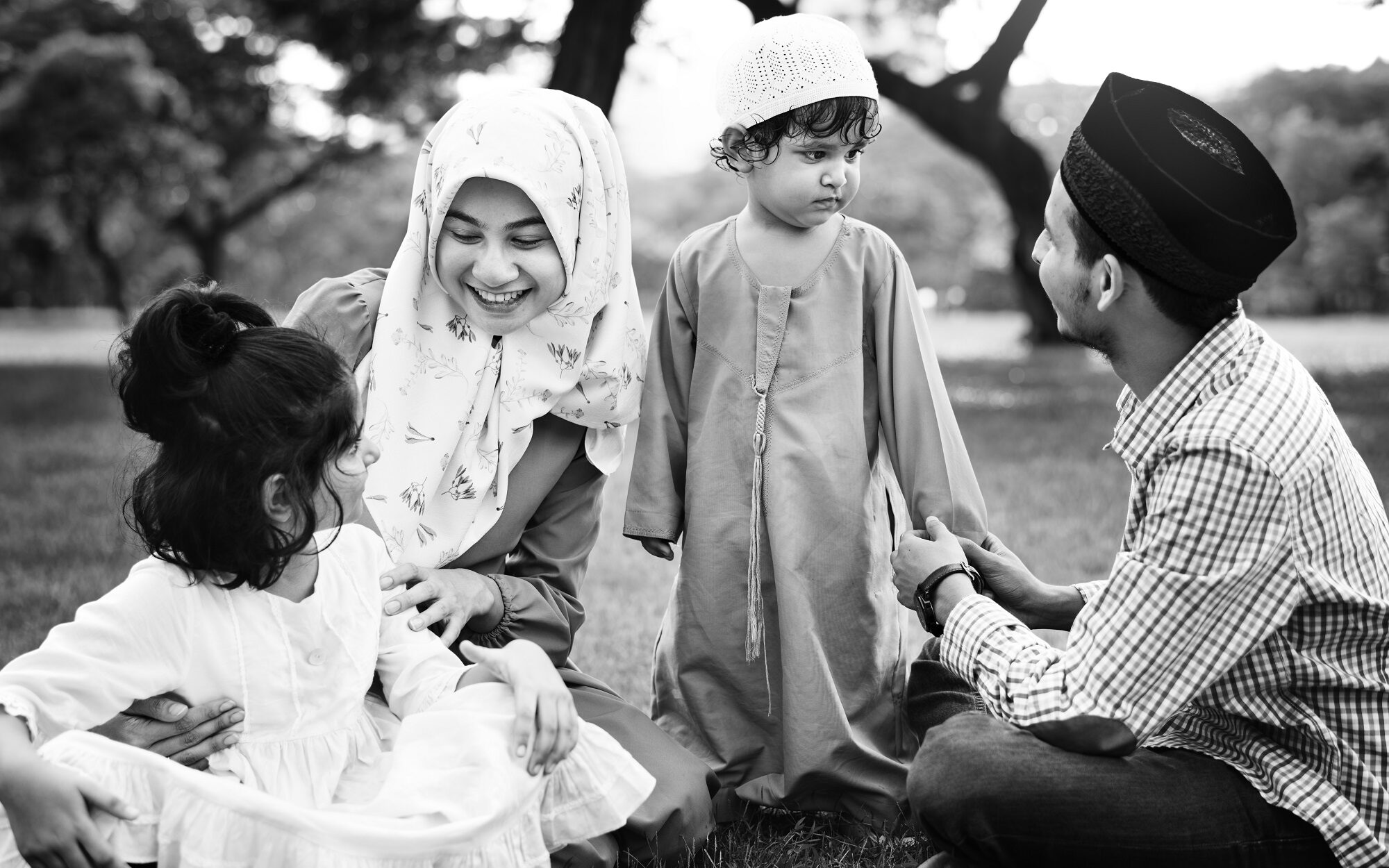Muslim holidays hold great significance in the lives of millions around the world. These special occasions are not only a time for religious observance but also a time for gathering with loved ones, reflecting on faith, and expressing gratitude. In this article, we will delve into the rich tapestry of Muslim holidays, shedding light on their meanings, customs, and cultural nuances.
Table of Contents
Eid al-Fitr: A Joyful Celebration Marking the End of Ramadan
Eid al-Fitr, often referred to simply as Eid, is one of the most anticipated Muslim holidays. It marks the end of Ramadan, the holy month of fasting, and is a time of immense joy and festivity. Families come together to offer prayers, exchange gifts, and share sumptuous feasts. The spirit of giving is particularly strong during this holiday, as Muslims engage in acts of charity to help those in need.
Eid al-Adha: Commemorating Sacrifice and Obedience
Eid al-Adha, also known as the Feast of Sacrifice, commemorates the willingness of the prophet Ibrahim (Abraham) to sacrifice his son as an act of obedience to God. The holiday emphasizes the values of sacrifice, compassion, and sharing. Muslims who can afford to do so perform the act of Qurbani, sacrificing an animal and distributing its meat among family, friends, and the less fortunate.

Mawlid al-Nabi: Celebrating the Birth of the Prophet Muhammad
Mawlid al-Nabi, also known as Eid Milad-un-Nabi, is a festive occasion that celebrates the birth of the Prophet Muhammad. Muslims gather to listen to sermons, engage in prayers, and engage in acts of charity. While the celebration’s observance varies across different cultures and regions, the common thread is the reverence and love for the prophet’s teachings.
Ramadan: A Month of Fasting and Empathy
Ramadan, the ninth month of the Islamic lunar calendar, holds a special place in the hearts of Muslims. It is a time of fasting from dawn until sunset, refraining not only from food and drink but also from negative behaviors. The primary purpose of Ramadan is to attain spiritual growth, self-discipline, and a deeper connection with God through acts of worship, increased prayer, and reflection on the Quran.
Ashura: Commemorating Historical and Spiritual Events
Islamic calendar started with the holy month of Muharram, on its 10th day Ashura is observed. It holds significance for various reasons, including the biblical story of Moses and the liberation of the Israelites from Egypt. For Shia Muslims, Ashura also commemorates the martyrdom of Imam Hussain, the grandson of the Prophet Muhammad, in the battle of Karbala. The occasion is marked by mourning and lamenting on the martyrdom of Imam Hussain and his companions.
Hajj: The Pilgrimage to Mecca as a Spiritual Journey
Hajj is the annual pilgrimage to the holy city of Mecca in Saudi Arabia, obligatory for Muslims who are physically and financially capable. It is a profound journey of spiritual renewal, unity, and humility. The rituals of Hajj trace the footsteps of the prophet Ibrahim and his family, underscoring the importance of faith and devotion.

Laylat al-Qadr: The Night of Power and Destiny
Laylat al-Qadr, often referred to as the Night of Power, holds immense spiritual significance. It is believed to be the night when the Quran was first revealed to the Prophet Muhammad. Muslims spend the night in worship and supplication, seeking blessings and forgiveness. The exact date of Laylat al-Qadr is uncertain, with traditions indicating that it falls within the last ten days of Ramadan.
Conclusion
In this comprehensive exploration of Muslim holidays, we’ve traversed the landscape of traditions, celebrations, and spiritual significance. From the joyous festivities of Eid al-Fitr and Eid al-Adha to the reflective observances of Ramadan and Ashura, each holiday contributes to the richness of the Islamic calendar. These occasions serve as opportunities for believers to strengthen their faith, connect with their communities, and embrace the values of compassion, generosity, and unity.
FAQs
What is the significance of Eid al-Fitr? Eid al-Fitr marks the end of Ramadan and is celebrated with prayers, feasting, and acts of charity.
How is Eid al-Adha observed? Eid al-Adha commemorates the willingness of Ibrahim to sacrifice his son and is observed through prayers, sacrifices, and sharing of meat.
What is the purpose of Ramadan? Ramadan is a month of fasting, reflection, and spiritual growth, aiming to deepen one’s connection with God.
Why is Laylat al-Qadr important? Laylat al-Qadr is the Night of Power when the Quran is revealed. Muslims spend the night in worship and supplication.
What is the essence of Hajj? Hajj is a pilgrimage to Mecca, symbolizing unity, humility, and a spiritual journey for Muslims.
How is Mawlid al-Nabi celebrated? Mawlid al-Nabi celebrates the birth of the Prophet Muhammad with prayers, sermons, and acts of charity.

